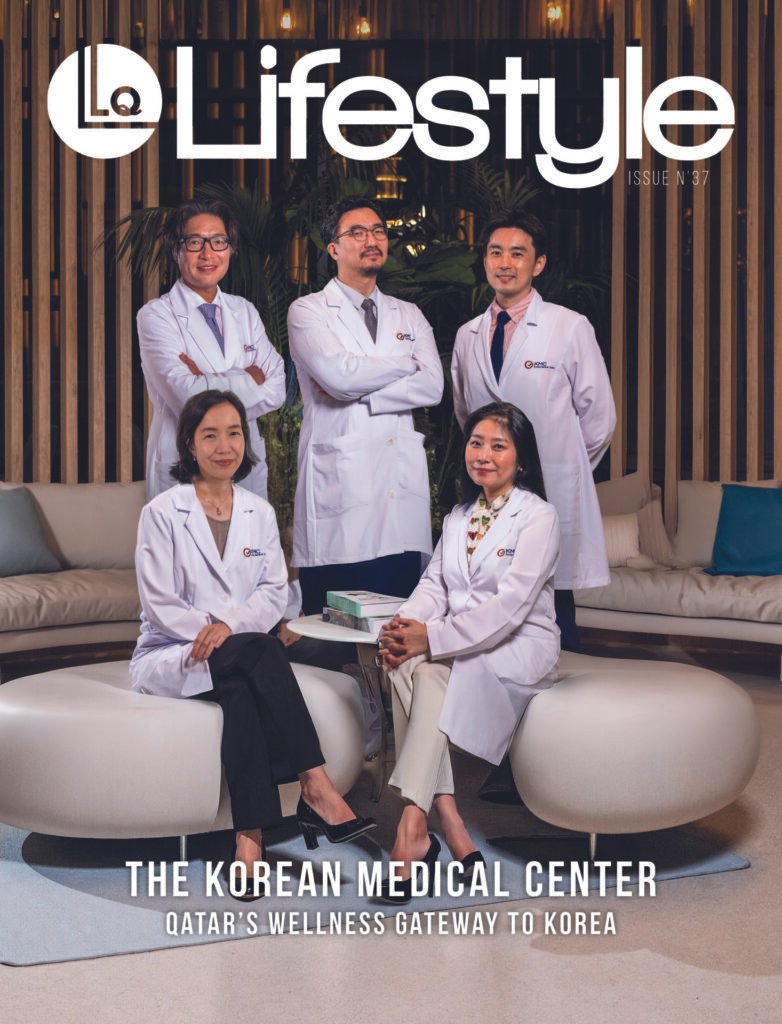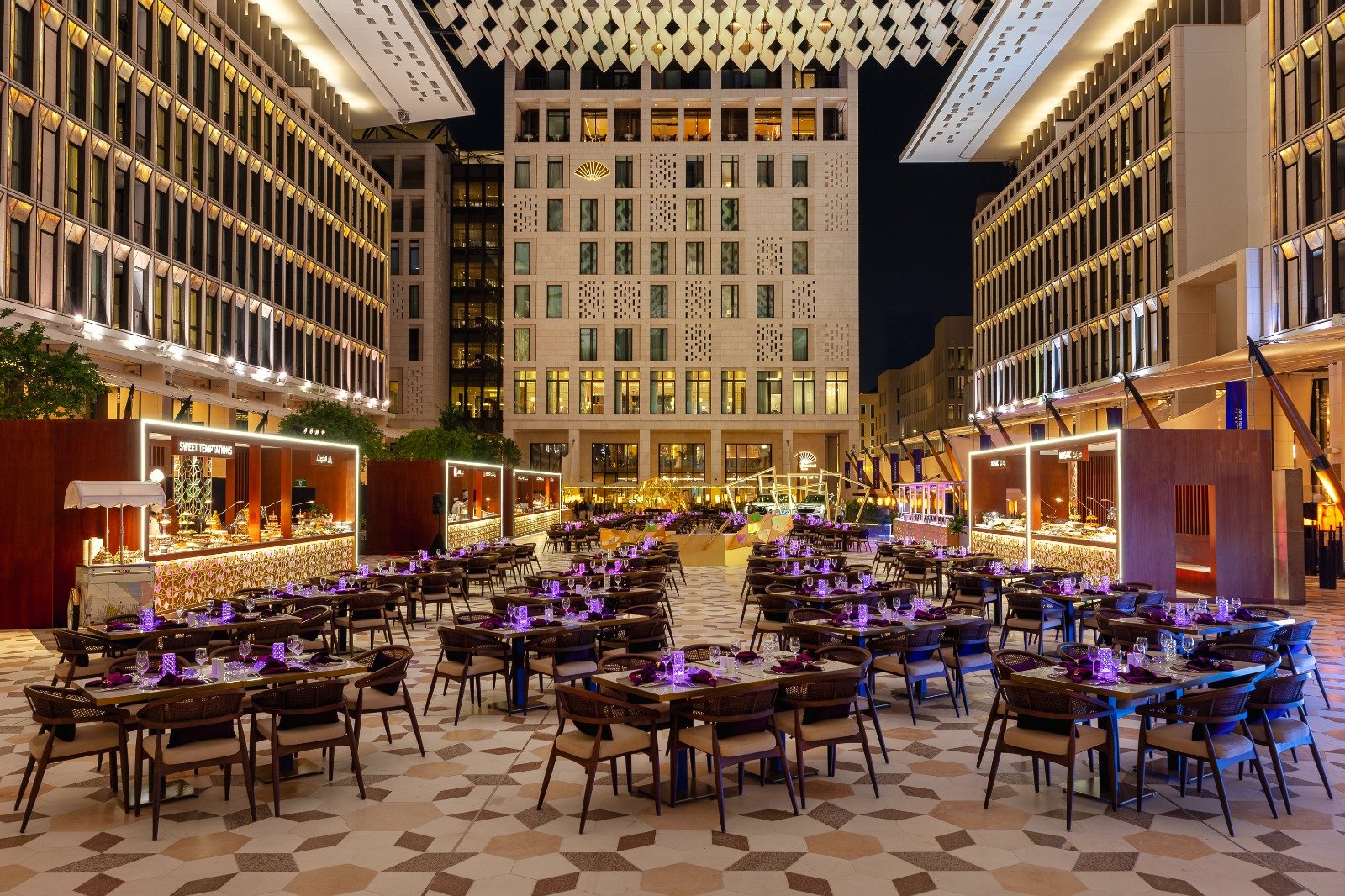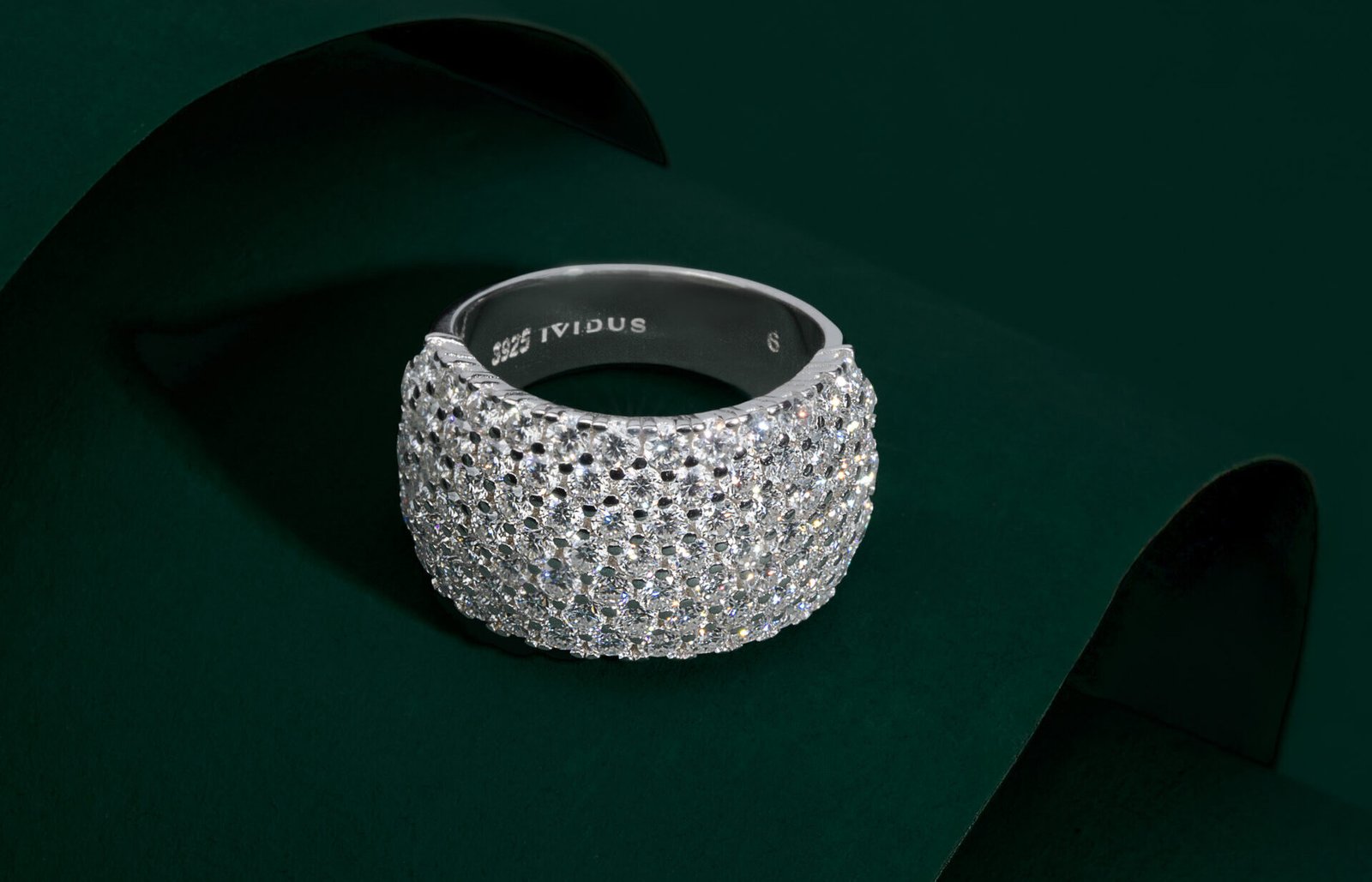- Nature has thrived at the Home of Rolls-Royce during the recent lockdown
- Subtle changes in management of outdoor spaces reflect new awareness and appreciation of wildlife, heightened by life under pandemic restrictions
- The marque’s approach balances pursuit of perfection with a deeply-held commitment to conserving and enhancing the natural environment in and around the Goodwood-based site
While the Rolls-Royce Global Centre of Luxury Manufacturing Excellence stood largely silent between 24 March and 4 May, it was very much business as usual for the plants, animals, birds and insects that inhabit the 42-acre site.
Like many of the human inhabitants of the Home of Rolls-Royce, the celebrated lime trees that grace the Courtyard entered the month of June in urgent need of a haircut. (Contrary to popular belief, these trees do not naturally grow square, although rumour has it that finding a way to persuade them is being investigated by Rolls-Royce Engineers). All 65 trees were meticulously trimmed, using laser-guided precision cutting equipment to restore them to immaculate, uniform perfection in honour of the return of Rolls-Royce clients.
The large central lake, which acts as a natural heat-sink for the manufacturing plant’s climate-control systems, provides an excellent habitat for wildfowl species including ducks, moorhens, swans and herons.
Many of these birds produced young during the shutdown; but enchanting as they are, ducklings and moorhen chicks are erratic and ungainly on land and have very little traffic sense. To safeguard these charming but highly vulnerable residents, Rolls-Royce has now installed official highway-standard warning signs for drivers at key wildfowl crossing points on the site’s network of roads, including The Drive that leads to the main entrance.
Production at the Goodwood Apiary also continued uninterrupted throughout the pandemic. The 250,000-strong colony of English honey bees, whose activities now attract a worldwide following on social media, is working round-the-clock preparing this season’s consignment of their rare and precious product, the ‘Rolls-Royce of Honey’. As well as the multitude of wildflowers growing across the site, and those on the surrounding Goodwood Estate, the bees have access to over 32,000 square metres (around eight acres) of sedum on the manufacturing plant’s living roof, the largest of its kind in Britain.
Fittingly, the flowers pollinated by the Goodwood bees in the course of their labours include one that grows nowhere else in the world. Produced exclusively for Rolls-Royce by the award-winning British rose breeder Philip Harkness, the Phantom Rose flourishes in a lavender-fringed flowerbed near the reflection ponds beside the manufacturing plant. A blousy, creamy-white flower with a full bloom of 50 petals and a rich perfume, the Rose recently inspired an intricately embroidered Bespoke interior, featuring over a million individual stiches, handcrafted for a Swedish client’s Phantom.
Torsten Müller-Ötvös, Chief Executive Officer, Rolls-Royce Motor Cars, said, “One of the most striking outcomes from the Covid-19 lockdown has been the huge surge in people’s awareness and appreciation of the natural world. Many of us have found ourselves more in tune than ever before with the wildlife that lives alongside us. That’s certainly true here at the Home of Rolls‑Royce – we’ve come back to work determined to ensure our ‘new normal’ is even more focused on our relationship with nature.”
He added, “We strive to minimise our environmental impact – our manufacturing plant has won numerous sustainability awards and we’ve been accredited to ISO 14001 for environmental management and pollution prevention since we opened in 2003. These are big, important achievements but getting closer to nature during lockdown has reminded us that the smallest details and actions also make an enormous difference – which is exactly how we approach building the best car in the world.”


















